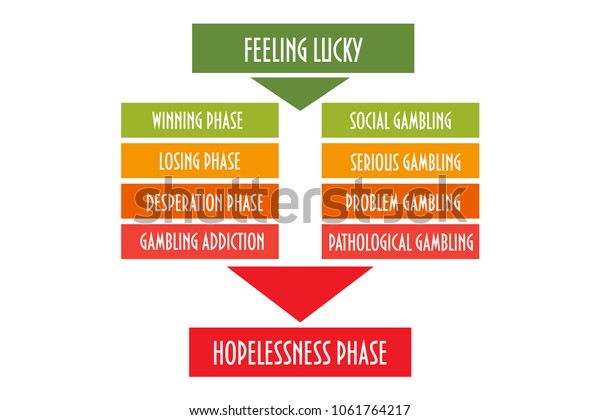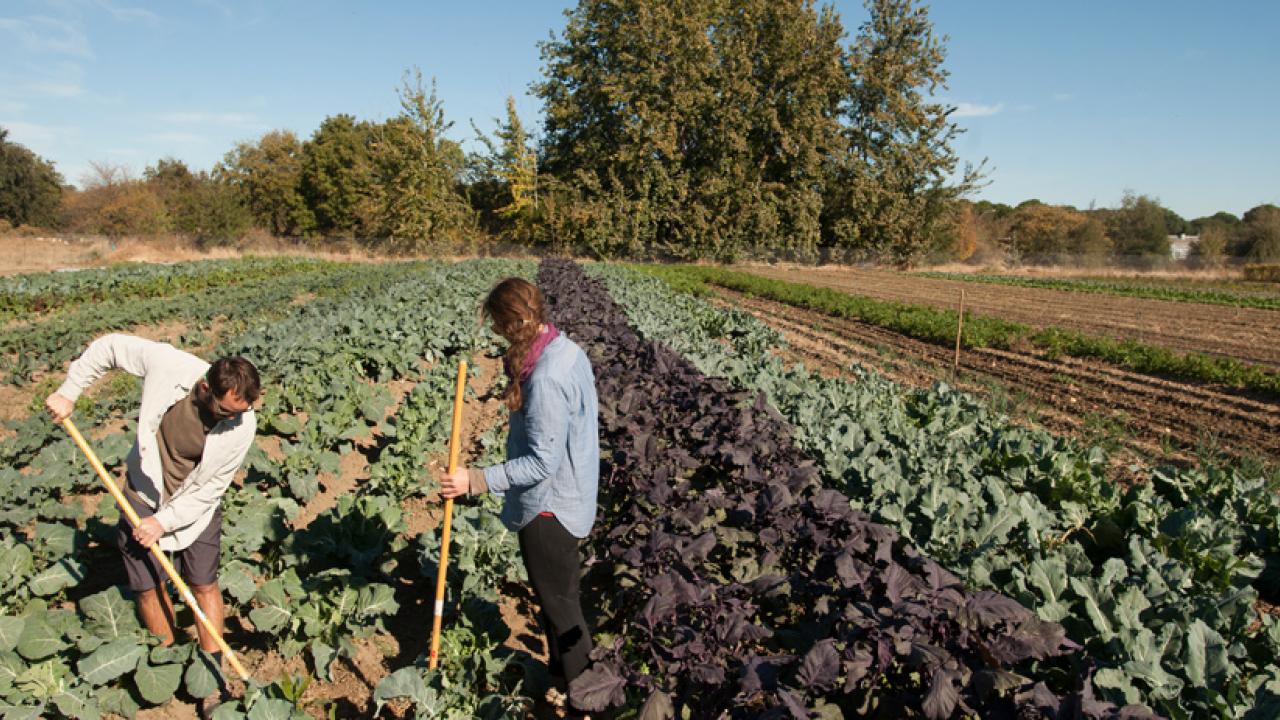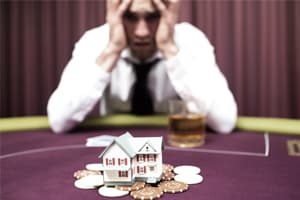Negative Effects Problem Gambling
- Negative Effects Problem Gambling Winnings
- Negative Effects Problem Gambling Definition
- Negative Effects Problem Gambling Addiction
Compulsive or pathological gambling takes over a family, and the effect on the children is great, as it is in other addictive families. Focus is on the gambling, perhaps not just for the gambler, but also for the spouse. The children may thus live in a world without attention, emotional validation, stability, or parental predictability. The negative effects of gambling can destroy the entire family. What starts as fun at the casino, or a night out with the boys becomes a living nightmare. Lies, manipulation, lack of trust – and after it's over - remorse - all the promises Neverto do it again.until the next time.
The UK government is mulling a review of the regulations on fixed odds betting terminals commonly found in pubs and betting shops, in order to reduce the risk of problem gambling developing.

Based on a report from the UK Department for Digital, Culture, Media and Sport, this would see the maximum stake gamblers can bet on the machines reduced from £300 a minute to between £2 and £50.
Given that the Gambling Commission, the industry regulator, found 43% of people who use the machines are either problem or at-risk gamblers, some such as opposition Labour MP Tom Watson, have described this as “a squandered opportunity”. Critics believe the proposals don’t go far enough to protect people from fixed odds betting terminals, sometimes described as “the crack cocaine of gambling” due to their addictive nature.
Harmful gambling can have crippling financial and social effects on the gambler, their friends and family. In the first national study of the social impact of harmful gambling in Ireland, we examined how it affected recovering gamblers, their families and friends. We also heard stories from counsellors and those who provide services to help gamblers. Talking to people from all walks of life, from different age groups and different economic backgrounds, we found that a common theme was the devastating social effects gambling had on people’s lives.
In particular, we learned that gamblers were often exposed to gambling at an early age, for example by collecting betting proceeds for a family member, or watching adults place bets. This then led them to participate in gambling before the legal age of 18.
Gamblers reported gambling in secret, isolating themselves from family and friends to feed their addiction. As relationships deteriorated, the gambler’s behaviour would only be discovered when they were no longer able to maintain a double life, such as failing to intercept unpaid bills that had been part of trying to maintain a facade of normality. The availability of technologies, such as smartphones, means that it’s possible to conceal a secret gambling habit for years, before financial and emotional crises reach breaking point.
For young people, such technology exacerbates the potential harm of gambling. The participants in our studies frequently spoke of their concern for young people and their risk of addiction due to the availability of gambling apps and websites easily accessible from their smartphones. And while there is supposedly agreement not to offer fixed odds betting terminals in Ireland, some gamblers reported that they had got themselves into trouble using them.
Gambling as a public health issue
The social harms that stem from addictive gambling are not only for the gambler. For example, the wives of gamblers in our study reported how they could sense there was a problem, but believed they were struggling with marital issues, rather than the fallout from gambling addiction. Parents and children of gamblers reported that they could no longer trust the gambler, that they could no longer leave money unattended, and that the gambler had become someone they did not recognise or understand.
In Ireland, the legislation around regulating gambling is outdated. The regulations that might mitigate harms for the individual and for society have not been introduced, and – with support from the Irish Research Council and Ireland’s Department of Social Protection and Department of Justice and Equality – our research sought to provide the evidence base to help draw up the necessary social policies.
The government indicated its intention to move forward with legislation in early 2017, and my research and its follow-up study should inform politicians how to address the social harms of gambling – the costs of which the Institute of Public Health in Ireland has estimated to be greater than government revenue from gambling taxes.
Listen to what gamblers say they need
Negative Effects Problem Gambling Winnings
The participants interviewed said there is a need for open discussion about gambling and the risk it can pose to individuals and their families. Gambling addiction carries with it significant social stigma, shame and isolation – talking openly about its effects can change how we approach this issue.
Interviewees suggested a variety of measures government could take, including regulations that would protect the most vulnerable to gambling addiction, and particularly in regulating how technology now enables secretive gambling. They also identified the need for support that would help prevent and address the harmful effects of gambling addiction.
While there are addiction treatment centres around the country which include services to address harmful gambling, there is little help for those affected by a partner’s or family member’s gambling. The RISE Foundation is a notable exception, providing treatment for the families of those affected by a variety of addictions. But it is based in Dublin only, and family members may no longer have the financial resources to access treatment and support there.
There is an urgent need for a unified, transparent approach to tackling gambling’s harms in Ireland – a national strategy that encompasses public and private sector organisations, similar to those that target alcohol and drug addiction. The UK has the Gambling Commission and NHS support and advice; Ireland has nothing comparable.
Despite the lack of progress from government on the issue there have been benefits to this research: uncovering the extent of gambling’s social harms has helped to get people talking about gambling. For example, in September 2017 the European United Left/Nordic Green Left European Parliamentary Group sponsored a one day conference in Dublin to direct the spotlight on the subject and emphasise the need for updated legislation.
Within the Republic, Problem Gambling Ireland recently opened its doors to lobby against the spread of harmful gambling and to provide referral services to those affected by gambling. These may seem like small steps, but it is small steps that lead the charge for change.
On This Page:
Approximately 10 million people in the United States live with a gambling addiction problem. A gambling addiction occurs when a person continues to gamble despite negative effects that may impact their finances, relationships, or well-being. Gambling addiction involves compulsions to seek out gambling, betting, and wagering, and the end result can be devastating for the gambler as well as his or her family.1
People who struggle with a gambling or shopping problem often hide their issues out of shame and a desire for secrecy.
This often delays recovery and treatment and allows a gambling addiction to lead to other serious effects, including loss of jobs, failed relationships, and severe debt. Problem gambling is often associated with mental health problems, including depression, anxiety, and mood disorders. Gambling problems don’t just affect mental health. People who have struggled with gambling benefit greatly from treatment and often also need family counseling and financial coaching to fully recover.
Christine’s Story

“You have to do the work in all areas of your recovery, including your finances. I chose to not do all the work necessary for a well-rounded recovery. Even though I was no longer actively gambling, my financial and legal troubles told me I still needed to work with a gambling addiction specialist. After my troubles occurred, I worked with a specialist for a year while I went through the legal mess I created.
“Now that I have reached eight and a half years in recovery from gambling addiction and alcohol abuse, I know it is my job, my duty, to be of recovery service to others. Life today is good!”

— Read Christine C.’s story and more at www.HeroesInRecovery.com
Negative Effects Problem Gambling Definition
The Cost of Problem Gambling in Your Community
Studies have shown that more than $6 billion has been lost each year to gambling addictions. This problem is far-reaching and can cause both individuals and companies to panic and act in ways they would not normally act.1

Gambling addictions also place a severe hardship on prison systems, public assistance programs, and legal systems. There are many consequences of gambling addictions that result in community economic costs.
Some community gambling addiction dangers include:
- Increased rates of unemployment
- Bankruptcy
- Fraud and check forgery
- Forced home sales
- Increased alcohol and drug abuse
- Poor mental and physical health of individuals and families
How Gambling Impacts the Individual and Family
While the addicted person will definitely suffer during a gambling addiction, that person’s family will also face challenges. The stress that the problem gambler experiences may cause irritable behavior, secrecy, and arguments. Calls from creditors and bill collectors erode relationships. Financial strains impact all family members, and strained relationships make the experience difficult for even extended family members, friends, and colleagues.
The children of gambling addicts also suffer in many ways, including:
- Emotional neglect and abandonment (and even physical abandonment) when one parent is consumed in an addiction.
- Stressed and irritable parents may lash out at children angrily, and even if they do not, these children can sense their parents’ tension.
- Children of people with gambling addiction are at higher risk of experiencing their own addictions later in life.
If You Can’t Stop Gambling, Your Life Will Be Forever Changed
The effects of a gambling addiction are often quite clear. A large number of people who engage in compulsive gambling will use credit cards and debit cards to pay casinos or internet gambling organizations. If you engage in problem gambling, you will most likely incur debt, damage your relationships, and lose sight of your goals in life.
There are many ways that an untreated gambling addiction can change your life.
- Family problems are very common. Almost all compulsive gamblers around the world have issues at home with their family because of their addiction.
- Financial devastation is unavoidable. People with a gambling addiction will go to extreme measures to get money to gamble. Many people eventually resort to stealing, taking out large loans, or other desperate means that are out-of-character.
- Job loss is very high among gambling addicts. Gambling addiction may lead you to miss work, or come to work distracted. Gambling addictions will interfere with work relations, promotions, and employment.
Negative Effects Problem Gambling Addiction
No matter how bad a gambling addiction has become, it is possible to turn things around. Call us for help today at 269-280-4673.